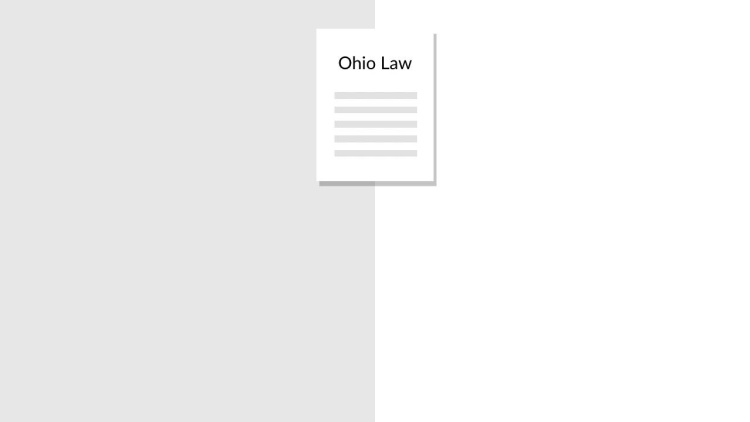Ohio v. Clark
United States Supreme Court
576 U.S. 237, 135 S. Ct. 2173 (2015)
- Written by Stephanie Yu, JD
Facts
Darius Clark (defendant) sent T.T. on a trip to engage in prostitution. While T.T. was gone, Clark agreed to watch T.T.’s two young children, ages three and 18 months. When Clark took the three-year-old to preschool, a teacher noticed the child had a bloodshot eye. Two other teachers examined him further in a classroom. The teachers found marks consistent with abuse. In response to questions, the child identified Clark as his abuser. Clark was tried for crimes related to the abuse. Under Ohio law, the child was incompetent to testify because of his age. Still, state law permitted the admission of reliable hearsay from child-abuse victims, and the court admitted the child’s out-of-court statements to the teachers identifying Clark as his abuser. Clark was convicted. On appeal, the Ohio Court of Appeals reversed, holding that admitting evidence of the child’s statements violated Clark’s Sixth Amendment Confrontation Clause rights. The Ohio Supreme Court upheld the reversal. The United States Supreme Court granted certiorari.
Rule of Law
Issue
Holding and Reasoning (Alito, J.)
Concurrence (Thomas, J.)
Concurrence (Scalia, J.)
What to do next…
Here's why 907,000 law students have relied on our case briefs:
- Written by law professors and practitioners, not other law students. 47,100 briefs, keyed to 996 casebooks. Top-notch customer support.
- The right amount of information, includes the facts, issues, rule of law, holding and reasoning, and any concurrences and dissents.
- Access in your classes, works on your mobile and tablet. Massive library of related video lessons and high quality multiple-choice questions.
- Easy to use, uniform format for every case brief. Written in plain English, not in legalese. Our briefs summarize and simplify; they don’t just repeat the court’s language.








